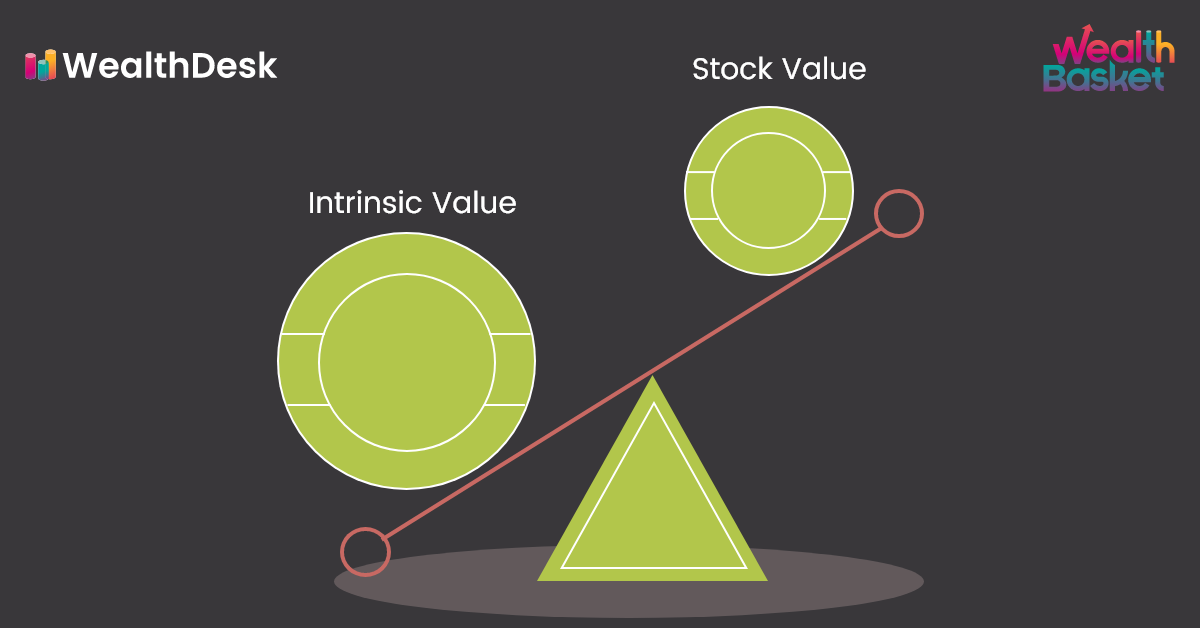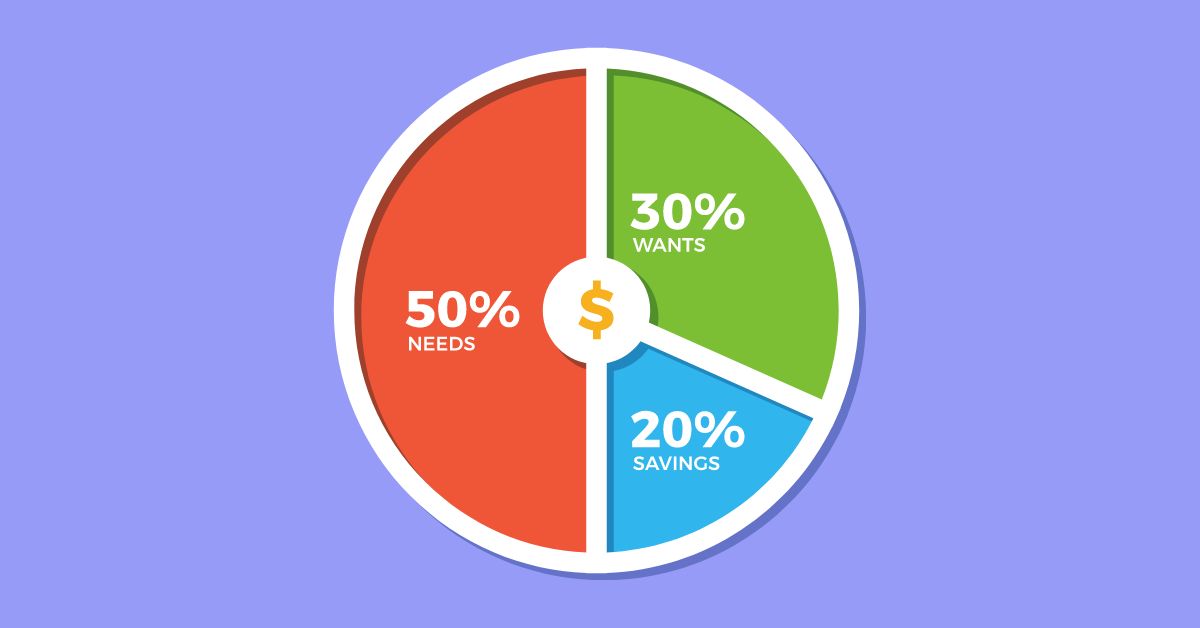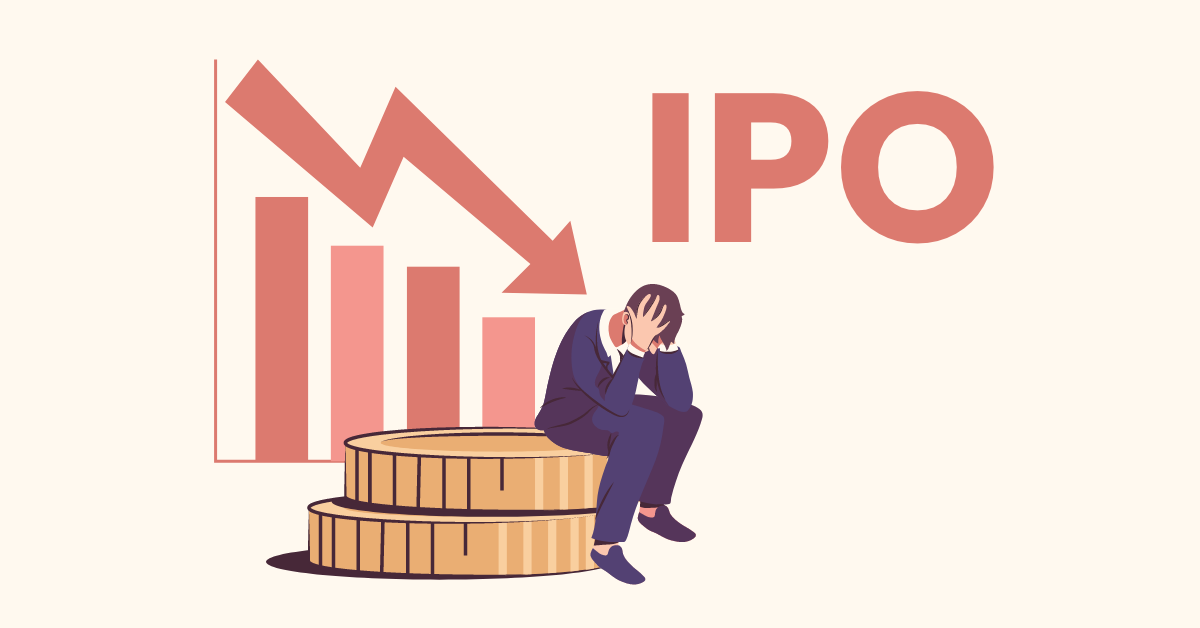Value investing was 1st established by Benjamin Graham in his book, “The Intelligent Investor”, published in 1949. It is a style of investing that involves buying stocks at a discount to their real value. The goal is to earn profits when the market value increases to an appropriate level, perceived as the true value of the business.
Some investors might even follow a growth-value hybrid style that tries to shortlist undervalued growth stocks.
This blog explores what undervalued stocks are, what makes a stock undervalued, the benefits of value investing, its demerits and what kind of investors can do value investing.
What are undervalued stocks?
Stocks with a market value lower than their true value are called undervalued stocks. Stocks are called undervalued, overvalued or fairly valued based on their valuation multiples (P/E ratio, PEG ratio, EV/EBIT, etc.) or based on their business’ expected value (often involves complex DCF and DDM methodologies).
Investors stand to gain when undervalued stocks are recognized by the market for their true value. Therefore, finding undervalued stocks is an in-demand skill. One of the richest people globally, Warren Buffet is a value investor.
Although shortlisting undervalued companies is difficult, most undervalued stocks in India can be sifted out using valuation multiples and in-depth fundamental analysis.
Discover stocks that suit certain filter criteria and dive into details to check their WealthBaskets.
What makes a stock undervalued?
There are two variables at play when determining the value of a company: market value and real value of the company. The real value of a company is the risk-adjusted value of the sum of all future earnings. Market value is the value the market sees in a business.
When stocks have market values lower than their real values, they are called low valuation stocks. Indian undervalued stocks with good fundamentals can be sifted out by considering the following factors:
Valuation Multiples
Valuation multiples like the P/E ratio, P/B ratio, EV/EBIT, and P/S ratio are commonly used ratios for understanding the valuation of a company. These ratios are readily available on most online stock screeners and similar resources.
P/E ratio is the ratio of the market capitalization to the annual earnings. EV/EBIT is the ratio of enterprise value (market capitalization + firm debt – cash) to earnings before interest and taxes. P/B ratio is the ratio of the market capitalization to book value. P/S ratio of market capitalization to annual sales. One must note that different sectors may have different sets of ratios that may help understand the valuation better.
For example, P/B may be more suitable to value the Indian banking sector, and the P/E ratio may be better suited to value companies belonging to relatively stable sectors like consumers or pharmaceuticals.
How to calculate if a growing stock is undervalued?
To understand if a growing stock is undervalued or not, you would have to consider the expected earnings instead of current earnings. For this purpose, the PEG ratio (price/earnings-to-growth) is a commonly used valuation multiple. The PEG ratio is calculated by dividing the P/E ratio by the earnings per share growth rate.
Understanding the business
The key to understanding if a company is valued correctly, is to understand the business, what makes it profitable, the current conditions suitable for it, and what changes could affect the profitability.
Warren Buffett, the most famous value investor, does not invest in a business unless he understands how it works and how the enterprise will grow and develop over the next 5, 10 or 20 years.
Some changes in government policy or international trade may bring windfall gains to a business. But, one-time gains may not translate into long term increases in profitability. You must try to understand if changes in external or internal factors can increase profitability in the long term. Increases in long term profitability will increase a company’s value more than one-time gains.
Benefits of trying to buy undervalued stocks
Attractive returns
Investors stand to earn the difference between the market value and the company’s real value. The most undervalued stocks have the potential to give high returns when the market values them better.
Faster returns (in theory)
In theory, if it is easy to see that the market value is lower than the real value, investors would flock to buy the stock. This rise in demand should result in an appropriate rise in stock price. Growth investing is also an investing style that focuses on capital gains by investing in companies with good growth potential. However, in theory, companies would take longer to grow than the time market would take to reevaluate the value of a business.
Valuation multiples are readily available
Doing the research for value investing is relatively easier as valuation multiples are readily available on sites like TickerTape and MoneyControl. You still have to understand internal and external factors affecting the business.
Demerits of trying to buy undervalued stocks
Value traps
We often wonder if an “undervalued stock” is good or bad. We have to be cautious of value traps. Not all companies with low valuation multiples will experience an increase in market value. While determining the value of a company, you might overlook something the market has not missed. Suppose you miss a key factor affecting the real value of a business. In that case, you might invest in businesses whose market value won’t increase. Value trap stocks seem undervalued, but their stock prices do not increase according to expectations.
Chance of slow returns
It may take time for a company’s market value to adjust appropriately. This might be due to various factors which may make the market unsure about the real value of a company.
Competing with institutional and professional investors
In today’s world, institutional investors and professional investors are in a position to act on breaking information faster than retail investors. By the time you place an order for a stock, its stock price might have already increased, and thus, your tentative gains might shrink.
Pros and Cons of Undervalued Stocks
| Pros | Cons |
| Attractive returns | Value traps |
| Faster returns (in theory) | Chance of slow returns |
| Valuation multiples are readily available | Competing with institutional and professional investors |
Can beginners do value investing?
After learning value investing’s appeal, it is natural to ask how to identify undervalued stocks. However, you should always remember the requirements of value investing. To understand the difference between a company’s real value and market value, you need to conduct or understand fundamental analysis.
In addition, you should know if the current price patterns show that the stock price would rise to the appropriate level in a reasonable period. This requires you to be able to conduct or at least understand technical analysis to some extent.
Thus, value investing requires a good understanding of fundamental analysis and a basic understanding of technical analysis if an investor wants to enter at the right prices and stay invested for the long term.
Final Thoughts
Value investing can bring investors attractive returns if done correctly. To be an effective value investor, you must understand or conduct fundamental analysis and some technical analysis. At the same time, you must be careful not to fall for value traps.
On WealthDesk, WealthBaskets are solutions for investors wanting advisory investment products. WealthBaskets are curated portfolios made of stocks and ETFs. They are created by SEBI registered professionals.
FAQs
Stocks can slide into undervalued territory because of a fall in expected earnings, bad financial health, market-wide crashes and macroeconomic factors like undesirable trade conditions or unfavorable government policy changes.
In theory, if a stock is truly undervalued, its stock price will increase. If the stock is truly overvalued, its stock price will decrease.
Undervalued stocks are considered good investment opportunities as investors would gain when the market forces set the stock price to an appropriate level. However, you must be careful of value traps.
When a stock is truly overvalued, in theory, its stock price will drop as soon as there is a market-wide consensus that the stock price was too high for the expected earnings, or the current business environment.


















